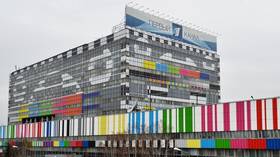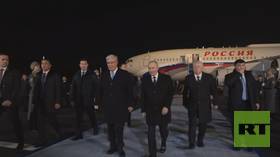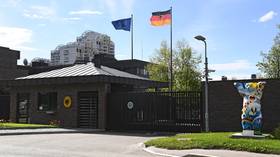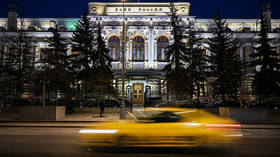Keiser: Ireland sheltering foreign ‘terrorists,’ 100 years after (almost) independence
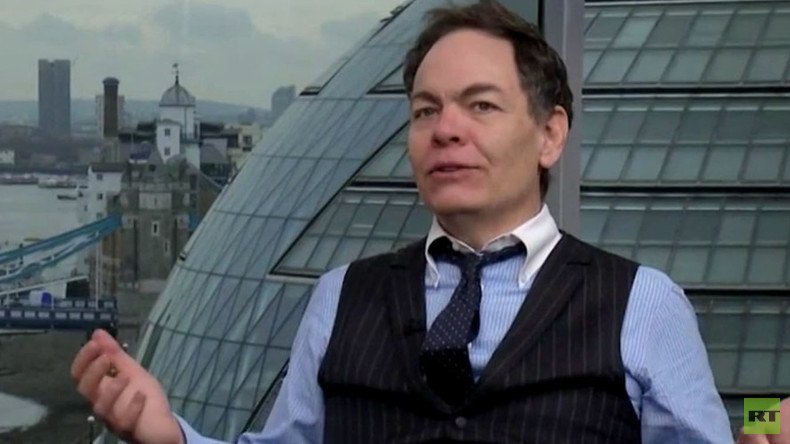
Max Keiser marked 100 years after Ireland’s famed Easter Rising by accusing its government of providing shelter to “financial terrorists” from other countries.
During this weekend’s program, Keiser cited news of Pfizer’s giant tax dodge of up to US$35 billion by “moving” to the small western European republic.
Pfizer, which was previously headquartered in New York, is the latest corporation to have an “inversion,” merging with a foreign firm to benefit from another country’s corporate tax rate.
Pfizer bought Dublin-based botox manufacturer Allergan for $160 million last November, which prompted outrage on the US campaign trail with candidates on both sides denouncing firms availing of tax loopholes in places like Ireland.
Democrats (and Trump) outraged as Pfizer flees to Ireland to escape high tax regime. QUACK QUACK https://t.co/Ztfp4BZlRM
— Gabriel Malor (@gabrielmalor) November 24, 2015
The pharma giant raised prices on 133 of its brand-name products in the US last year, putting them further out of reach from the millions of patients who can’t afford critical medications, even with Obamacare coverage.
So Trump's attack on Pfizer moving to Ireland means he's going to go after tax shelters in the EU or lower domestic tax rates?
— Matthew Reznicek (@drreznicek) March 2, 2016
Pfizer previously had a small operation in Ireland, including its Viagra plant near Cork, which hilariously was the subject of the 2009 film Hard Times.
Now, Pfizer can avail of Ireland’s corporate tax rate of 12.5 percent, compared to 35 percent in the US.
The tax rate has been a controversial issue, with companies including Apple, Google and Microsoft receiving criticism for avoiding higher rates of tax.
Despite attracting some of the largest firms in the world to the country, many feel the companies aren’t contributing enough to the infrastructure of the country. In 2014, Apple paid just $36 million tax on $7.11 billion in profits.
Did Apple name the robot Liam because they built it with all the money they saved using Ireland as a tax haven? #AppleEvent
— Ryan O. Ferguson (@ryanoferguson) March 21, 2016
Throughout the economic recession that started in 2008, when the collapse of the banking system forced the country to bailout from the IMF, the tax rate was kept safe by the ruling parties, citing it as integral to attracting business to the country.
But today, while Ireland celebrates its (mostly) independence, the republic does not have a working government after the February general election ended in a stalemate between several parties and independents, many of whom oppose the current corporate tax structure.



